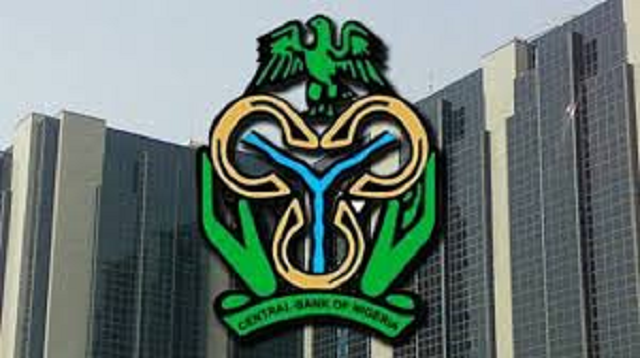Foreign Portfolio Investments (FPI) will remain sideways until the Central Bank of Nigeria is able to increase FX intervention sales or devalue naira to equilibrium level, says Tellimer, an emerging market firm headquartered in London.
There has been pressure on the Naira as exchange rates continue to move against the supply level.
While the Central Bank of Nigeria is making effort to achieve convergence in foreign exchange rates, there has been marginal increase to the country’s external reserves.
With the weak war chest for massive intervention needed to strengthen the local currency, premium between official and parallel market rates has widened.
Analysts said this has in part created opportunity for arbitrage and undue speculation which has further exerted pressure on rates.
Unfortunately, unstable prices of oil combine with supply volume based on the Organisation for the Petroleum Exporting Countries’ quota add pressure on inflow.
The nation’s debt profile has also remained high while possible debt raise from the Eurobond could worsen cost of borrowing.
It is cheaper to borrow in the domestic economy than Eurobond float, analysts told MarketForces.
Early in 2021, Nigeria’s $500 million is expected to mature, and the Debt Management Office has been strongly driving local borrowing.
In a note, Tellimer insists that the unattractive situation keeps foreign investors away from Nigeria.
Low Yield is New Normal:
Following weak inflow into the nation’s external reserves, low yields has however become the new normal in the debt market, says Tellimer’s analyst Busola Jeje in a macroeconomic note.
The fixed income market rates hit record low as treasury bills auction by the apex bank showed yields declined below 1%.
Tellimer’s analyst said this remain the lowest level on record.
Though Jeje explained that low yield environment and negative real returns, equities are benefiting from locals’ hunt for positive returns.
Meanwhile, the CBN continues FX intervention but illiquidity remains.
Tellimer’s analyst said new foreign portfolio investments (FPIs) are very much likely to stay off till all FX issues are resolved.
Recall that the he Central Bank of Nigeria (CBN) held the treasury bills auction, with rates across all tenors dropping below 1%, the lowest level seen since 2001.
The trend of declining yields has been around for a while, analyst stated.
This development happened following the CBN’s decision to ban locals from participating in the large-sized OMO market in October 2019.
Therefore leaving limited investment outlets for local investors with low-risk appetite and large pockets.
“The trend is unlikely to reverse for the rest of the year, with domestic financial system liquidity currently in excess of ₦700 billion compared to about ₦300 billion levels pre-October 2019”, Jeje said.
Bearing this in mind, coupled with deeper negative real returns plunged as much as 12.7% based on the 1-year Nigerian Treasury Bills, Jeje said local investors are left with few options.
Tellimer’s analyst said local investors could choose to make a play in the equities market, accumulate funds in a savings account at 0.115% – an equivalent of 1% of the monetary policy rate, simply hold cash, as bills and bonds no longer provide a hedge for inflation.
Jeje said based on recent trends, local investors have gone with the first option chasing after dividend yields and possible capital appreciation in the equity market.
The year to date return on the Nigerian All-Share Index rebounded to +13.7% at the end of October 2020, compared to the Covid-19 induced slump of -20.7% in March 2020.
Given the current trajectory of yields, the rally in stocks could be sustained by growing local demand, Tellimer’s analyst explained.
For foreign investors, the narrative has remained the same as FX illiquidity continues to inhibit free movement of their capital.
The average yield on OMO bills at the secondary market has declined significantly to 0.51%, with FPIs unable to exit buying OMO bills at auction and selling in the secondary market for capital gains.
In an attempt to start clearing the FX demand backlog left between April and August 2020, the CBN intervened in the Investors and Exporters window to the tune of US$434.5 million in Sep 2020.
The apex bank also followed up with US$439.5 million in Oct 2020, and has also continued its weekly sales to BDCs to reduce the illiquidity in the parallel market.
However, analyst said the CBN efforts have been unsuccessful, as the mid-quote exchange rate in the parallel market remains elevated at ₦459.5/US$1.
This was compared to rates at the Investors and Exporters FX window at ₦385.7/US$1 and the Official window at ₦379.0/US$1.
“This unattractive situation continues to keep large-scale fresh FPI inflows away from Nigeria.
“We maintain our view that until the CBN decides to ramp up intervention sales (with gross reserves now at US$35.7bn) or devalue the naira to an attractive/market-clearing level, FPI inflows will remain on the sidelines”, Tellimer stated.













